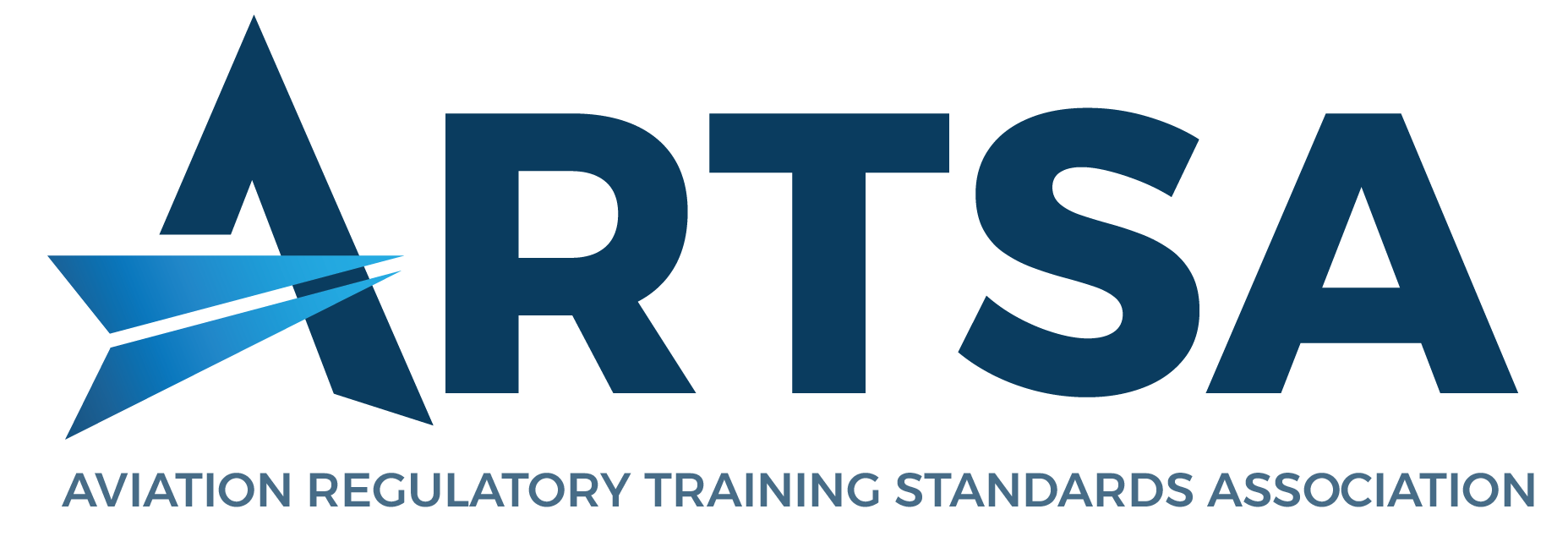
Aviation Regulatory Training Standards Association (ARTSA) discusses the importance of providing the correct level of support to course attendees.
- Hard Copy – A printed copy of the Course file (provided as a PDF to the client) made available to each delegate as a personal copy to keep.
- Soft Copy – Each delegate has the use of a Laptop/PC during the delivery of the course and has received a PDF copy of the course material.
What is the importance of Personal Training Material Copy in Support of the Course Delivery?
While presentations are valuable tools for delivering information, the provision of personal copies, whether in hard or soft copy, significantly enhances the learning experience. It addresses various learning styles, ensures accessibility, and encourages active engagement.
- Enhanced Engagement and Understanding: When students have their own copy of the presentation, they can follow along more closely, which aids in understanding and retaining the information. It allows them to review complex points at their own pace.
- Note-Taking and Personalization: Students can take notes directly on their copy (Hard Copy is preferred for this reason), which helps in personalizing the information and reinforcing learning. This is especially useful for visual learners or those who benefit from annotating text.
- Accessibility and Convenience: A personal copy, especially a digital one, ensures that students can access the material anytime and anywhere, enhancing their ability to review and study the content outside the training session.
- Inclusivity: Providing materials in various formats (hard copy, digital) ensures that all students, regardless of their learning preferences or needs, can access the information.
Shortfalls and Exposures of Relying Solely on Instructors’ Presentations
- Lack of Depth and Context: Presentations often provide a high-level overview and may lack the depth required for thorough understanding. Relying solely on them might result in a superficial grasp of the subject.
- Passive Learning: Without active engagement tools like personal copies for note-taking, students might become passive recipients of information, which is less effective for learning retention.
- Overreliance on Visuals: Presentations are often heavy on visuals and light on text, which might not cater to all learning styles. Some students may find it difficult to follow without supplementary text-based materials.
- Lack of Review Opportunities: Without a personal copy, students may find it challenging to review and revisit the material after the training session, which is crucial for long-term retention and understanding.
- Relying solely on presentations can lead to a superficial understanding of the material and may not cater to all students’ needs effectively.
- Therefore, a balanced approach that includes both presentations and personal copies of the material is ideal for effective training and education.
Best Practice for Effective Delivery of Classroom Training
- ARTSA strongly recommends our client provides either a Hard or Soft Copy Option for availability during the course delivery.
- In the event that a client decides not to comply with this request – ARTSA recommends the receiving organisation should be requested to sign a waiver recognizing the above recommendation and confirming the opt-out of the requirement.
Aviation Regulatory Training Standards Association (ARTSA) is a non-profit organisation committed to upholding and promoting training standards aligned with the EASA regulations. See www.artsa.aero
